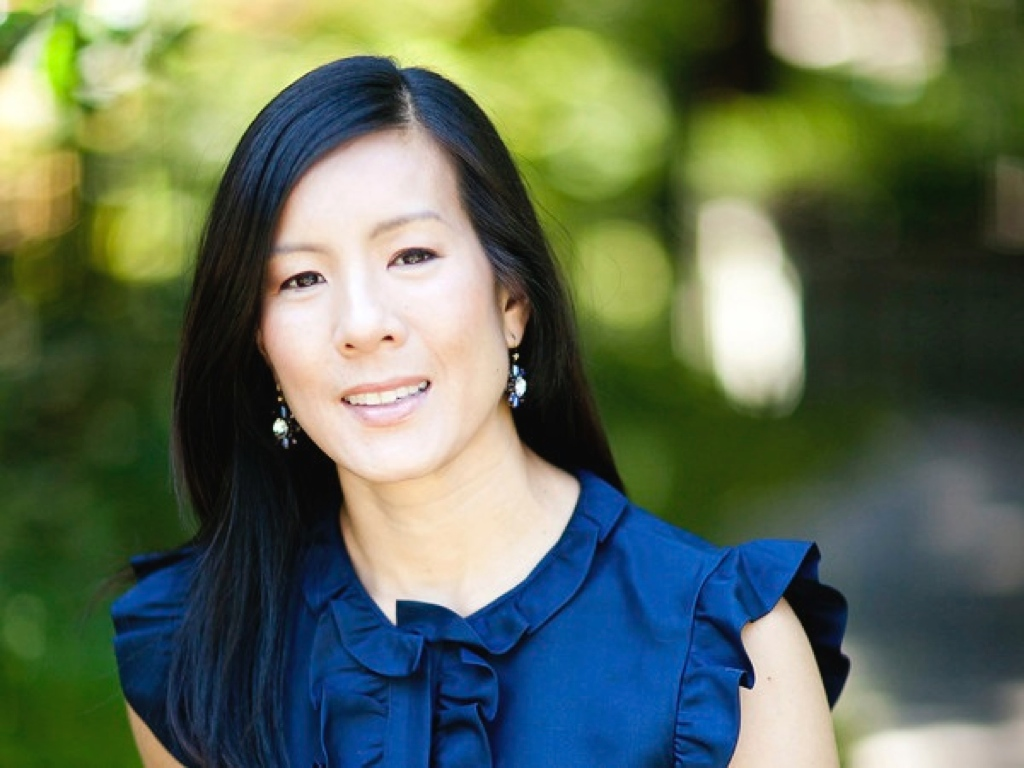Helping Startups Become Unicorns and Women Become VCs
-
-
MIT Technology Review
- 1
Recommended

Venture capitalist Aileen Lee ’92 is a seed-stage investor legendary for her success in bringing tech-driven companies to life. She famously coined the term “unicorn” to convey just how rare startups valued at more than $1 billion are. Then her track record landed her on the Forbes list of the 100 most powerful women in 2018, and she made Time magazine’s Most Influential People list in 2019.
Lee began her career at Kleiner Perkins Caufield & Byers, which invested in big names such as Amazon and Google at their earliest stages. She struck out on her own in 2012, founding Cowboy Ventures in Palo Alto, California. There she backed companies such as Dollar Shave Club, which delivers grooming products by mail. Dollar Shave founder Michael Dubin “had such a clear brand voice,” she says. “He demonstrated—with very little money—that he had vision and creativity.”
But Lee, who’s one of just a handful of female VC founders, is less interested in talking about her success than about how successful women may inspire girls and young women—especially underrepresented minorities. In 2017 she cofounded All Raise, a nonprofit devoted to closing the gender gap for aspiring female founders and investors. Its workshops, mentorship programs, and networking events provide a sense of belonging.
“Generally, the tech industry had posed as a meritocracy, but women, minorities, and people from nontraditional backgrounds haven’t had a fair shake, and that’s not the spirit of what we hope for in tech. There’s also a lot of cost and pain involved when people are treated badly,” she says.
As a Course 15 (management) major at MIT, Lee recalls, she could have used the kind of support All Raise offers. “My freshman roommate at MIT took AP physics in, like, eighth grade. I called my mom and said, ‘Houston, we have a problem!’” she remembers, explaining that in high school she had not been encouraged to pursue STEM fields. She arrived on campus in “awe” of the talented students and researchers, despite the fact that she, too, had earned her place at MIT.
This experience of feeling like an outsider molded her professional agenda and influences her investment focus. For example, Cowboy Ventures is a backer of Denver-based Guild Education, which offers education as an employer benefit, helping employees who don’t yet have high school or college degrees. The belief that she could improve the lives of others through work, she says, was fostered at the Institute.
“MIT tries to solve problems that can positively impact the world,” she says. “I try to carry that inspiration with me.”
This article originally appeared in the March/April 2020 issue of MIT News magazine, published by MIT Technology Review.








Comments
Bradley Layton
Sat, 03/21/2020 9:23am
Good money!
As I completed my MIT engineering degree, my US National Rowing team career, my engineering doctorate at Michigan, and finally wrapped up two tenure-track appointments at Drexel, and UMontana, I was persistently baffled by and skeptical of money.
I watched my MIT classmates like Aileen start web companies, ring the Wall Street bell, or run hedge funds. Meanwhile, I was slugging it out with students on classroom chalkboards, not in corporate boardrooms.
As for money, I had been fortunate. I had always just sort of come by it, as my father had. I usually had enough, and was skeptical of those with more and now to my chagrin, often denigrating to those with less. Recently I came to recognize money as a technology: a ubiquitous tool. Money is a technology that gives value to anything. Absolutely anything. And indeed everything.
Now that I'm in the private sector, with my own engineering practice, expert witness practice, provisional patents, and business partners looking for leadership and technical expertise, I am emboldened by Aileen's news. Another of my college friends is out there in the world, using the technology we call money to make the world a better place.
Keep up the great work Aileen. Thank you for envisioning a better world empowered by responsible investment and for having the courage and leadership to follow through and realize your vision.
Bradley Layton `92
Missoula, Montana